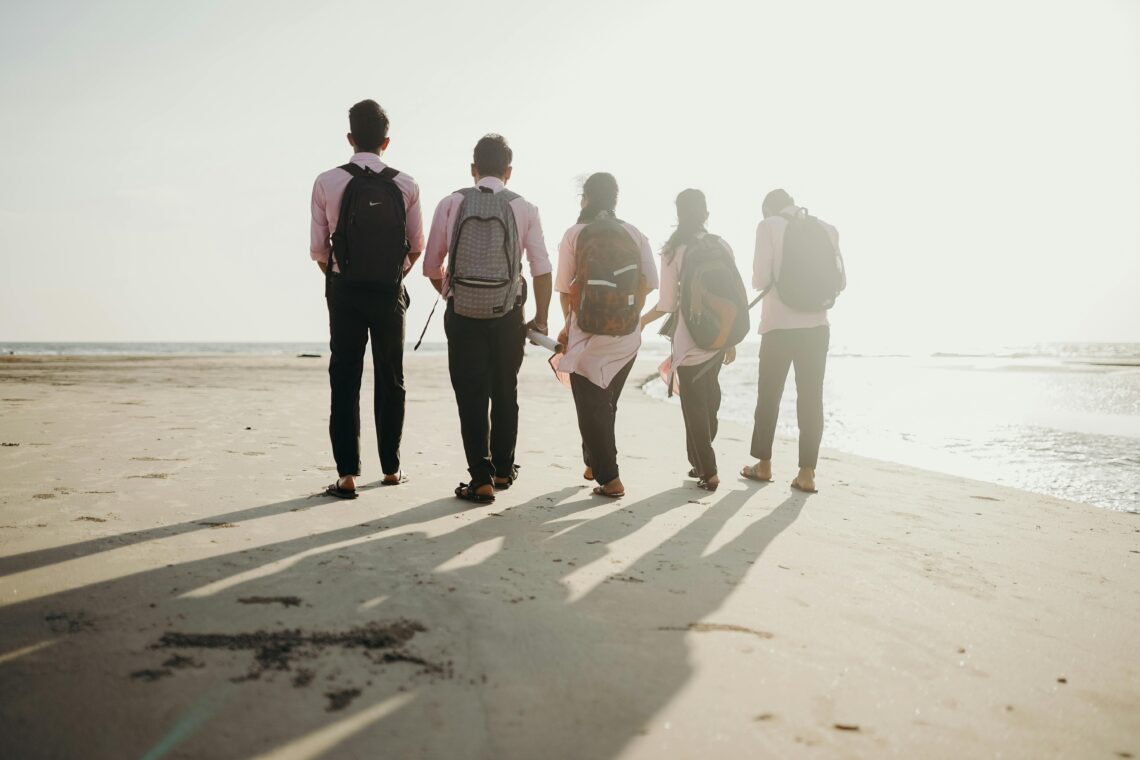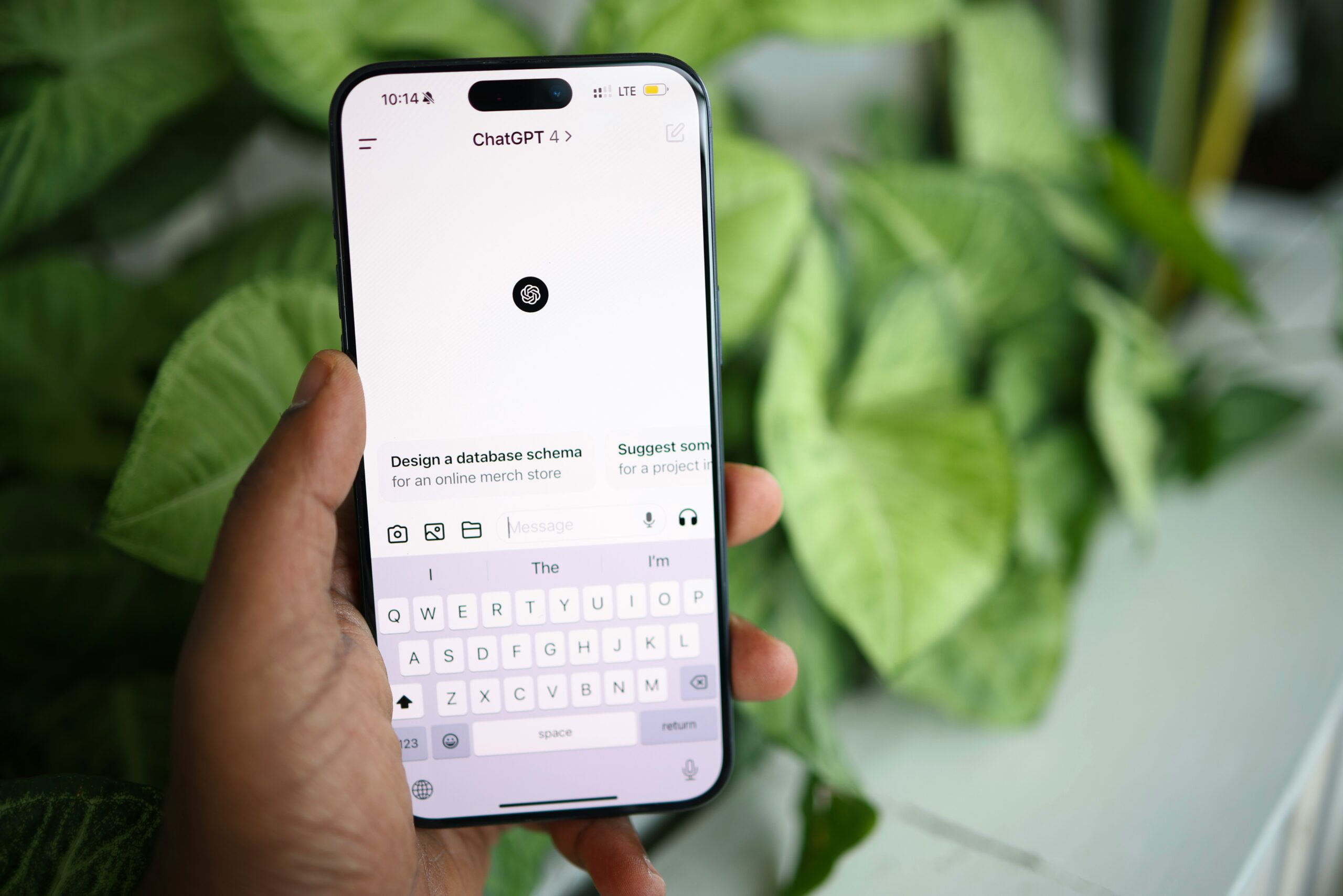
The young, architects of interreligious harmony
An interfaith encounter together with Pope Francis in her native Singapore helped Nicole Law appreciate the key role of young people in bringing religious believers together.
I grew up and currently live in Singapore, a country where multiculturalism is a given. A nation built on the principles of racial and religious diversity. I got actively involved in interreligious dialogue when I first volunteered for an online Interfaith Forum organised by my Catholic archdiocese in 2022, during the height of the COVID-19 pandemic.
I recall logging into a Zoom room with more than 100 people gathered from diverse races and religions for a discussion about Pope Francis’ Fratelli Tutti. The document outlines St Francis of Assisi’s vision of ‘fraternal openness’ towards each and every person, whatever their background, condition in society or beliefs.
I found this fascinating and was humbled by the sharing of those in my online group. They were passionate, open to listen and ready to dialogue. Inspired, I participated in more interreligious events and visited other religions’ places of worship. I met more young people of various faiths across Singapore, listening to their perspectives while sharing my own.
Fast forward to 2024 and I was excited to hear that Pope Francis was embarking on an 12-day apostolic journey to Indonesia, Papua New Guinea, Timor-Leste and Singapore. It had been 38 years since Singapore had had a visit from the Pope!
I was excited enough by the preparations for the Mass the Pope was due to celebrate in our National Stadium. I then got a call from fellow members of the Interfaith Forum, who offered me the opportunity to meet Pope Francis at an Interreligious Dialogue with Young People which was part of the trip program.
I was even more surprised when I was invited to ask him a question!
I had been thinking about the role of technology and specifically artificial intelligence in today’s world of communication, and often miscommunication, and I decided to ask the Pope about that.
I wanted to hear his thoughts on the impact of such developments on mutual understanding between groups of different races and religions, given the country that I call home is itself a melting pot of cultures and also faultlines. It’s hard enough to understand each other in real face to face contact. How much more difficult it might be when a computer program is inventing the answers!

I attended rehearsals, got to know more young people along the way, and was all geared up for the experience of a lifetime. Alas, a few days before the dialogue, I came down with a bad case of flu and was on the verge of losing my voice. I fumbled with my question at the last rehearsal and was feeling quite low. It seemed I was being ‘tried’ at this last crucial juncture. I had trouble sleeping and had a throbbing migraine.
I asked for prayers from friends and prayed the rosary myself, a Catholic prayer I am devoted to, before going on stage. Under the spotlights, I asked the question with no issue, starting with a “Ciao, Papa Francesco” and ending with “Grazie”. To my amazement, he gestured for me to come closer.
I walked across the stage and he placed a set of rosary beads in my hands, telling me kindly, “Keep doing the good work”, while his eyes were filled with gentleness. I was overwhelmed. He recognised the human being in front of him and I was deeply moved. His simple words were an encouragement to me to keep ‘fighting the good fight’ and to continue to communicate spiritual truths to others, whether through recording podcasts, creating social media content or writing articles like this one.
He then proceeded to ‘throw out’ his prepared remarks and to engage us more informally on the topics we had raised. It was like talking to a grandfather.
He gave us wise advice but also reminded us to ‘take risks’ because ‘a young person who does not take risks is like an old person’.
The Pope noted that interreligious ‘dialogue is one that creates a path and that leads the way forward’, reminding us of the importance of such dialogue in a pluralistic society. He encouraged us to think critically but not be critical people.

“You must be constructive in criticism,” he told us, “because there is a destructive criticism, which only makes a lot of complaints but does not offer a new way forward … Have the courage to criticise but also the courage to let others criticise you … Because, if you criticise, then someone else will criticise you. This is sincere dialogue between young people.”
He urged us not to become “fat in mind” by seeking comfort and not to let fear paralyse us. And therefore not to be afraid to make mistakes. “What is worse,” he asked us, “making a mistake because I started to walk or not making a mistake because I stayed at home?”
And he encouraged us to have the courage to enter into dialogue with people of other religions. “If you dialogue as young people,” he said, “you will also dialogue as adults; you will dialogue as citizens, and as politicians.”
He shook hands with each and every young person on stage with him and addressed us all personally.
As we gathered for a group shot, he held the hands of the differently-abled performers who had put on a dance performance earlier in the programme. We gathered close to him and it felt like we were one human family, though we were very diverse in race and religion. Pope Francis had modelled what it meant to have an authentic dialogue, to encounter the human person first and foremost and to glimpse their humanity.
As he left that auditorium, our hearts were warm with joy and hope for the future of interreligious dialogue. We had formed strong friendships and connections in our preparation for the event, we had each encountered the ‘fraternity’ that Pope Francis spoke about and personified.
There is much that unites us as a collective force for good and young people are in the best position to front this change. We had each received a small part of that ‘flame’ which Pope Francis had placed in our hands. Now it’s time to pass it on!
Like what you’ve read? Consider supporting the work of Adamah by making a donation and help us keep exploring life’s big (and not so big) issues!
Nicole Law
Nicole Law is a writer for Adamah Media. She is an educator based in sunny Singapore. Her calling is not only to mould young minds, but also to nourish souls through her faith-based podcast. She has a soft spot for burnt cheesecake, Dean Martin and swing dance. When she’s not engaging with her listeners, she’s planning new conversations for her podcast - she believes in the power of conversations and the beauty of our relationships.

